South Downs National Park in dark sky status bid
- Published
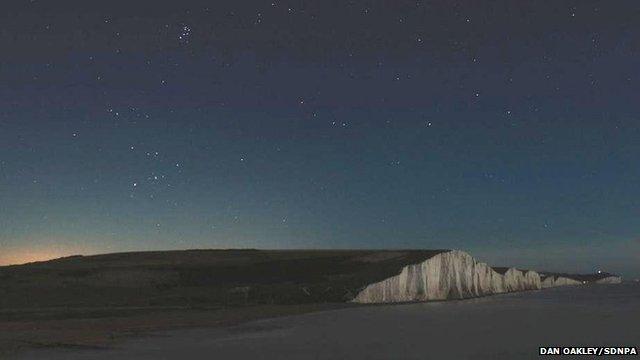
South Downs National Park said gaining Dark Sky Reserve status would help improve its night skies
A campaign to reduce light pollution in South Downs National Park and give it dark skies special status has begun.
A bid is being putting together to make the sky above the 1,600 sq km (617 sq miles) park a Dark Sky Reserve.
Granted by the International Dark-Sky Association the reserves aim to reduce light pollution.
The park authority said light pollution affects wildlife and reduces stargazing opportunities.
Gaining official status does not carry any legal power, but it is hoped the move will encourage residents in the South Downs, which stretches 140 km (87 miles) from Winchester in Hampshire, to Eastbourne in East Sussex, to think about how much light they use.
The International Dark-Sky Association said status was usually granted to large areas of public or private land with an "exceptional or distinguished quality of starry nights and a nocturnal environment that is specifically protected for its scientific, natural, educational, cultural heritage, and/or public enjoyment".
The South Downs National Park Authority is asking people to support its bid, external.
It said it would also work with communities to identify sources of light pollution and where lighting can be altered to "make our dark skies even better".
The park authority says the south east is the most light-polluted region of the UK.
It added that the light pollution threatened habitats and adversely affected nocturnal species, including bats, moths and glow-worms, which can "become disoriented, resulting in decreased reproduction and reduced foraging for food".
It hopes to submit its Dark Sky Reserve application next winter.

Certified Dark Sky Reserves in the UK

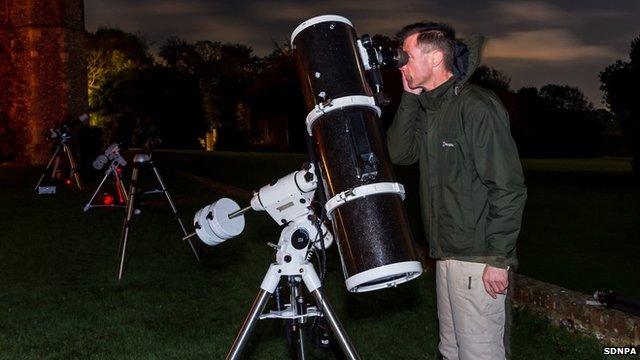
Light pollution affects wildlife and stops people from enjoying the night skies, according to the park authority
- Published18 November 2014
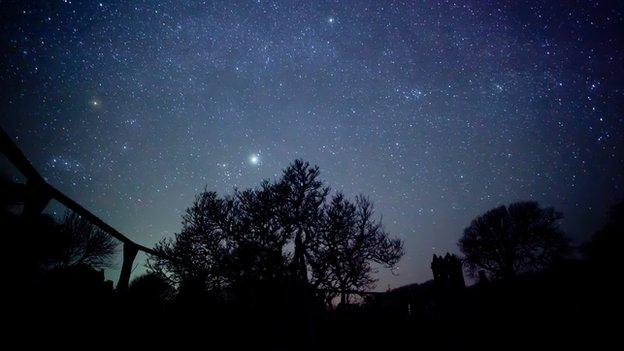
- Published29 January 2014
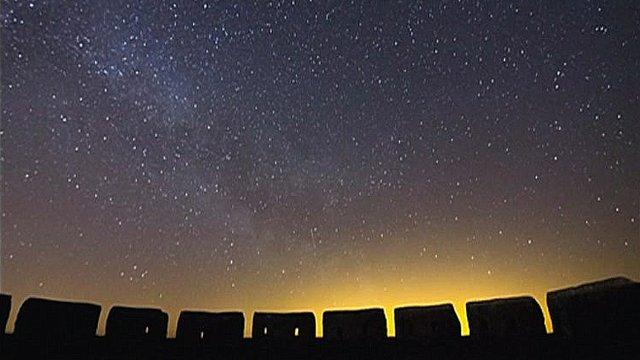
- Published9 December 2013
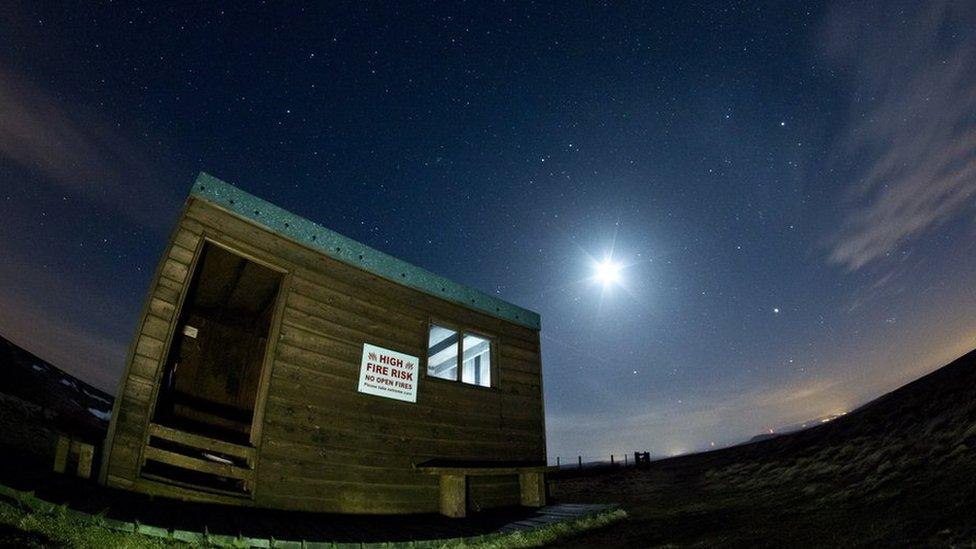
- Published27 August 2013
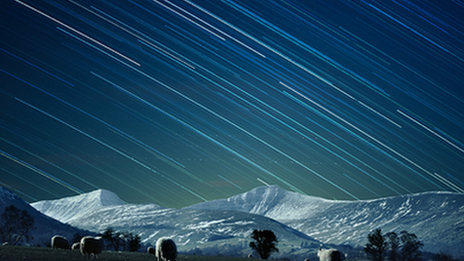
- Published1 September 2013
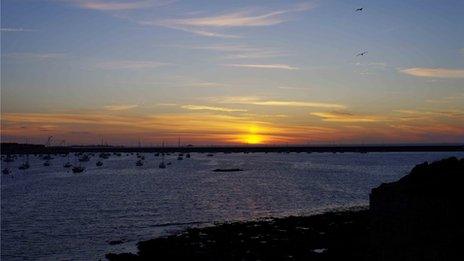
- Published19 February 2013
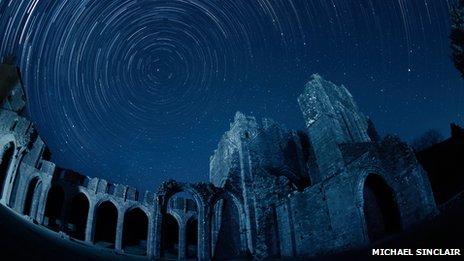
- Published7 January 2013
.jpg)